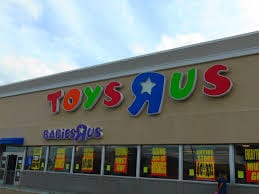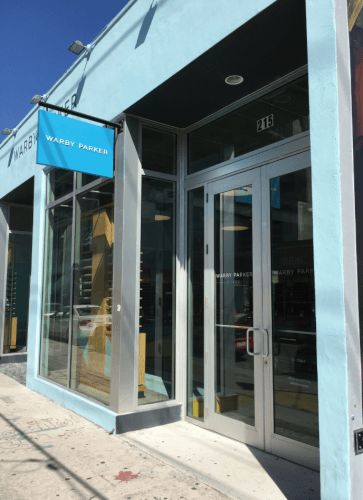
On October 19, 2018, the Cornell Real Estate Council (CREC) hosted the 36th annual real estate conference in New York City. This year’s event featured panel discussions with some of the industry’s most highly regarded visionaries. Speakers offered insights on trends and the future of the real estate industry. The retail panelist, highlighted below, whose conversation was moderated by Alan Riffkin JCB-Hotel ’88, Managing Director, Lazard, discussed future trends in retail real estate sector.
Panelist:
Ken Bernstein, President and CEO, Acadia Realty
Terry Brown, Managing Partner, Asana Partners
Philip Krim, CEO, Casper
Liza Landsman CAS ’90, Partner, New Enterprise Associates (former President of Jet.com)
The Future of Retail Space: Has the Death of Retail been Greatly Exaggerated?

The retail sector has faced significant challenges over the past few years. The rise of e-commerce and changing consumer preferences has forced retailers, owners, and investors to adapt in order to remain competitive in a rapidly evolving marketplace. Some of the most prominent national retailers have failed to adjust to this dynamic and constantly changing retail landscape. Toys R Us, Sears, and RadioShack are among many legacy retailers who have announced store closures or bankruptcy filings. Enormous amounts of debt from private equity groups into the retail sector have only exacerbated this phenomenon. Are we really facing a “Retail Apocalypse” or has the death of retail been greatly exaggerated?
Despite challenges in the industry, many retailers, owners, and investors possess an encouraging outlook on the sector. At this year’s Cornell Real Estate Conference, industry leaders shared promising sentiments regarding the future of retail. The collapse of legacy retailers has dominated market headlines and created a false and sometimes misguided perception of the retail marketplace. E-commerce has emerged as a large disruptor of the retail sector and there has been growing concern that shopping will exclusively take place online. However, amid the recent store closures and bankruptcies, many physical retailers and landlords have been able to achieve success and thrive in the market.
Physical retailers have adopted new and innovative strategies to attract customers and improve the experience component of stores. Consumer preferences are the driving force behind these strategies and changes. Panelists at the Cornell Real Estate Conference believe there is a profound focus on connecting with the consumers and creating an authentic experience. Today, the most successful retailers are smarter and better capitalized than those of the past. Real estate investors have also adopted new strategies. Investing in convenient locations and historical and authentic buildings has proven to be a favorable strategy. These locations have been able to draw some of the most active and influential retailers.

Digitally native brands, such as Warby Parker, Bonobos, and Outdoor Voices, have also recognized the value of brick and mortar stores. Casper, an e-commerce company that sells sleep products, is evidence of how online retailers have embraced this trend. Casper has committed to opening 200 stores over the next 2-3 years. Initially launched online in order to circumvent the highly insulated mattress industry, Casper was founded on the belief that the internet was the best channel to connect with the consumer. After establishing a strong and loyal customer base, Casper has found significant value in physical retail locations and believe opening retail stores is a logical next step in its growth and trajectory. These physical retail locations will not only allow Casper to grow brand awareness, but also further connect with its customer base.
2017 was a scary year for the retail sector, with many questions challenging the existence of the retail market and its landscape. Retailers and owners have embraced these challenges and adopted new and innovative strategies as a result. Based on the conversations at the Cornell Real Estate Conference, there are many encouraging signs for the future trajectory of the retail sector.
